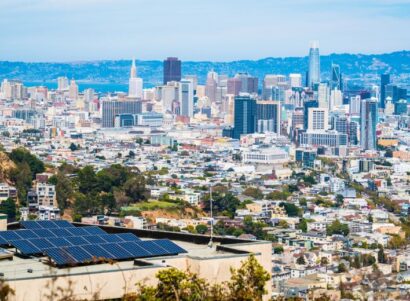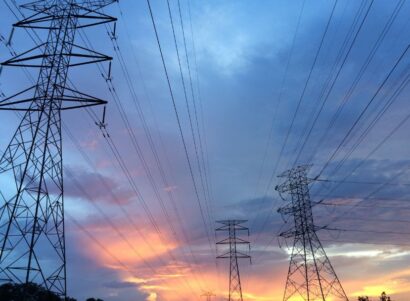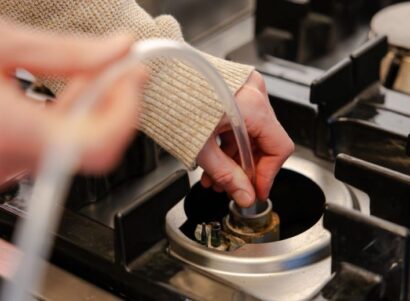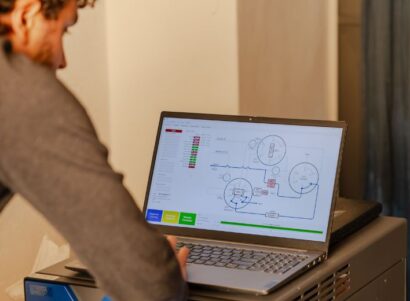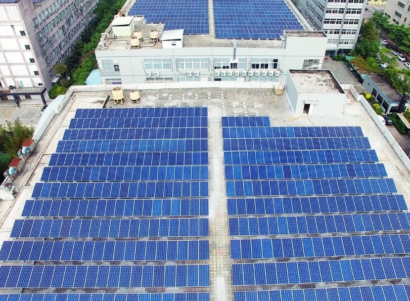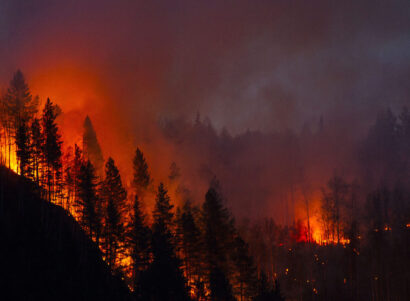PSE Energy Quarterly is the newsletter of Physicians, Scientists, and Engineers (PSE) for Healthy Energy, a nonprofit research institute that studies the way energy production and use impact public health and the environment.
Featured
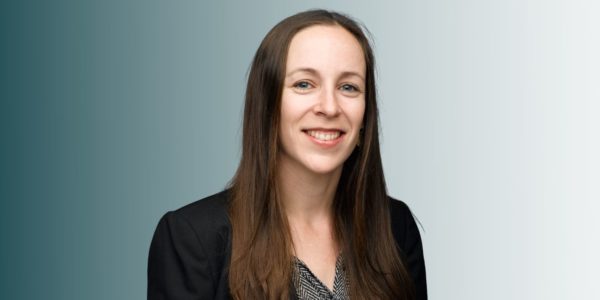
PSE’s Director of Research Dr. Elena Krieger has been appointed to two National Academies of Sciences, Engineering, and Medicine (NASEM) committees: The Role of Net Metering in the Evolving Electricity System Committee and the Hazard Mitigation and Resilience Applied Research Topics Committee. Learn more.
News Briefs
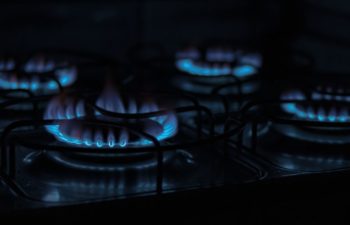
Measuring Methane Gas from Stoves
A new peer-reviewed study by PSE Senior Scientist Eric Lebel and Stanford University discovered that methane leaks from kitchen stoves across the U.S. have a climate impact comparable to the carbon dioxide emissions from roughly 500,000 passenger vehicles. The findings gained national media coverage in the New York Times, Washington Post, CNN, and beyond.
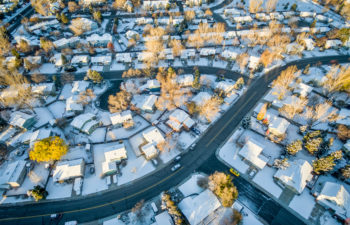
Pathways to Energy Affordability in Colorado
In an analysis authored on behalf of the Colorado Energy Office, researchers at PSE and the Institute for Energy and Environmental Research (IEER) developed one of the most granular and comprehensive analyses of energy affordability. The report outlines strategies to meet Colorado’s climate goals, lower energy costs below 6% of income for all medium- and low-income residents, and save the state $1.5 billion over a 20-year period.
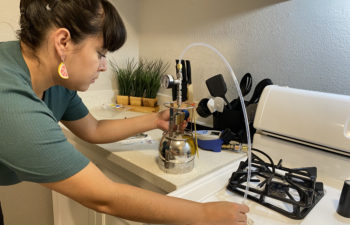
Kitchen Pollutants Study
Sampling natural gas from kitchen stoves is ongoing across the United States as our study to examine the relationship between natural gas, indoor air quality, and human health continues. The next stops for PSE’s scientists are New York City, Pittsburgh, and Washington D.C. Sign up here to participate!
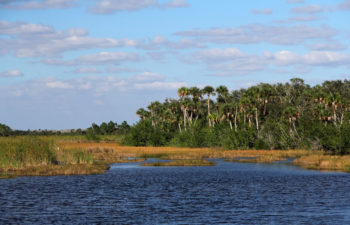
Drilling Impact Evaluation: Big Cypress National Preserve
PSE’s Senior Scientist Dominic DiGiulio and Geoscientist Rebecca Tisherman conducted analysis on the potential impacts of proposed new oil drilling, production, and wastewater disposal locations within the Big Cypress National Preserve. Read the analysis here.
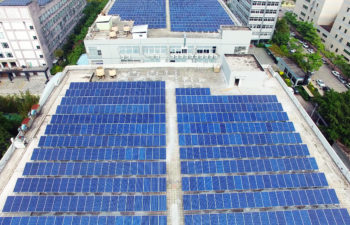
Analysis: Design Trade-Off Considerations for Solar And Storage for Community Resilience Hubs
Designing and implementing resilient power systems with clean energy requires unavoidable trade-offs between cost, duration, capability, and environmental impact. PSE’s Senior Scientist Patrick Murphy provides an analysis of trade-offs between economic and resilience considerations for community-based organizations.
PSE in the Media
- BuzzFeed: Gas Stoves Emit Pollutants. Here’s How They Impact Your Health
- The Weather Channel: Gas Stoves Leak Methane Even When Turned Off, Contributing to Global Warming More than Previously Thought: Study
- Inside Climate News: A California Water Board Assures the Public that Oil Wastewater Is Safe for Irrigation, But Experts Say the Evidence Is Scant
- Nature: Gas stoves help to cook the climate — even when off
- Energy News Network: Activists urge Massachusetts to take another look at need for peaking plants
- Smithsonian Magazine: Gas Stoves Are Worse for Climate and Health Than Previously Thought
- Scientific American: Gas Stoves Leak More Methane Than Previously Thought
- Fast Company: Your gas stove is leaking methane, even when it’s turned off
- Vox: Your gas stove is always polluting, even when it’s turned off
- Grist: Your gas stove is warming the climate — even when it’s turned off
- AP: Study: Gas stoves worse for climate than previously thought
- NPR: Gas stoves leak climate-warming methane even when they’re off
- Bloomberg Green: Americans’ Gas Stoves Are as Bad for Climate as 500,000 Cars
- Microgrid Knowledge: California bills aim to help communities create resilience, cut emissions with microgrids and DERs
For a full list of coverage, visit our website.




